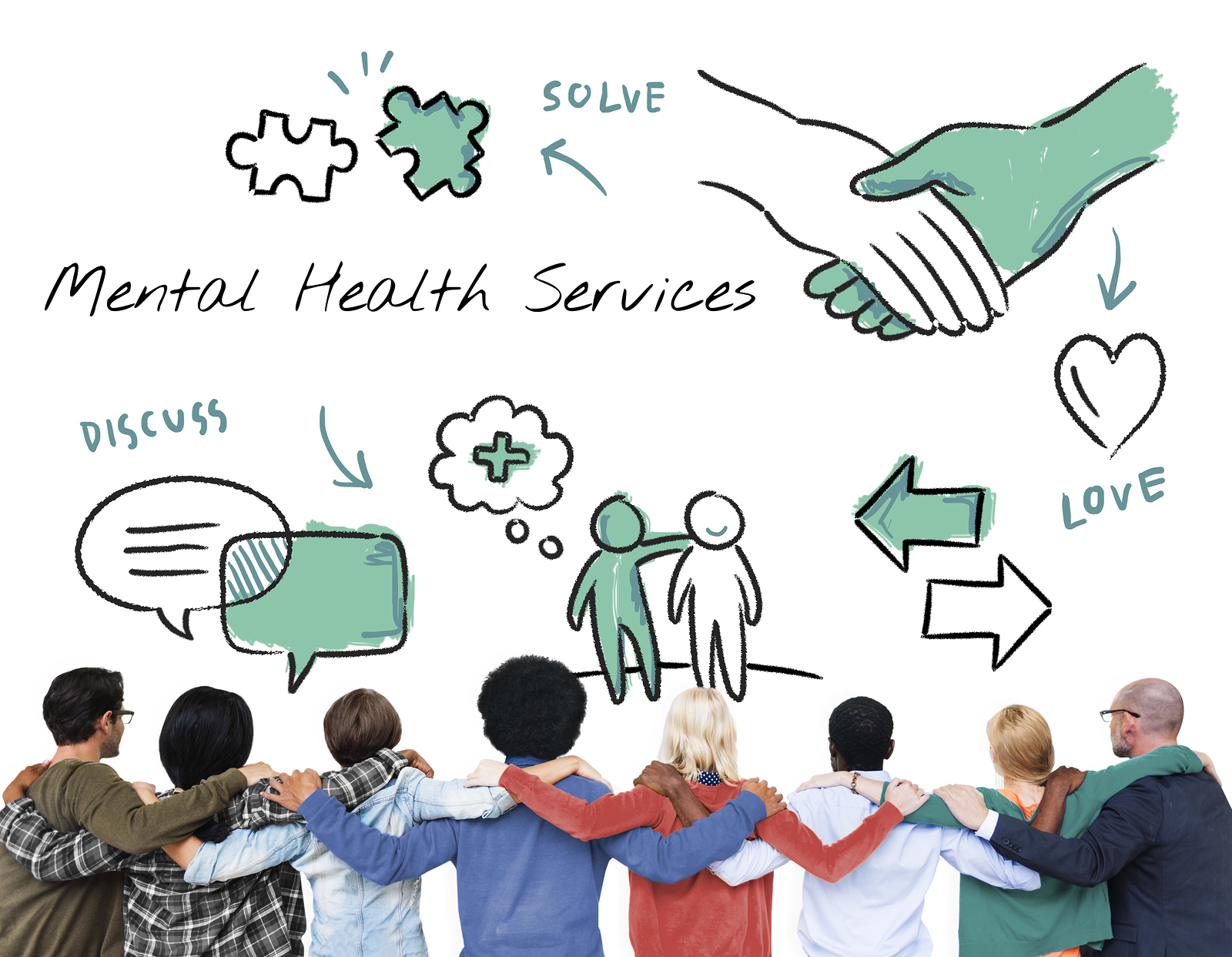Baylor University-Baylor Scott and White Behavioral Health Symposium seeks to address mental health across the lifespan

DALLAS—Baylor University faculty and staff joined colleagues at Baylor Scott and White in Dallas on Saturday to host the Third Annual Gil Taylor Behavioral Health Symposium. The event focused on “The Impact of Behavioral Health Issues Across Generations.”
Baylor Interim Provost Dr. Michael McLendon described how the event served to “strengthen our collective response in addressing behavioral health needs around the state.” McLendon opened the event saying, “As you all know, the number of individuals suffering with mental health problems in America has increased in recent years, and availability of mental health professionals cannot meet the demand.”
This year’s event provided ongoing training to lay leaders, including teachers and ministers who often serve as mental health first responders when families need support for their struggle and seek help. Workshops focused on mental illness in children and adolescents, on the needs of adults who are caring for aging parents as well as their own children (known as the sandwich generation), and on older adults who disproportionately struggle with depression and anxiety.
About 56% of American adults with mental illnesses do not receive treatment, leaving more than 24 million Americans with limited or no access to mental healthcare. With this in mind, we must continue to work together to improve our ability to better prepare teachers, ministers, health professional students, social workers, and others for their respective areas of service since each is a critical partner in our responding to mental health needs.
Dr. Dennis Myers, professor of Social Work and Gerontology in the Diana R. Garland School of Social Work, led a workshop on Intentional Parent Care, focused “on the behavioral health of caregiving for a parent who struggles with loss of autonomy and personhood, feels unprepared, and as the adult child and parent both struggle with competing opportunities and demands.”
Dr. Jon Singletary, dean of the Garland School, emceed the event and introduced the theme sharing his own journey as his mother battled cancer, and anxiety, while his own children’s struggles also challenged his family.
“This event is important for those of you in places where families turn to first,” Singletary said. “They are vulnerable in those moments of asking for help, and you only get one chance to receive their story as you offer your initial response. Today is about being equipped to respond. We cannot learn everything we need to know in a one-day event, but the network we are building will continue to support you as you support others.”
McLendon cited mental health statistics, “About 56% of American adults with mental illnesses do not receive treatment, leaving more than 24 million Americans with limited or no access to mental healthcare. With this in mind, we must continue to work together to improve our ability to better prepare teachers, ministers, health professional students, social workers, and others for their respective areas of service since each is a critical partner in our responding to mental health needs.”
Keynote speakers included Dr. Elizabeth McIngvale, who helped launch the Baylor Master of Social Work program in Houston and now serves as assistant professor at Baylor College of Medicine. She shared her own story of living with mental illness and the impact Obsessive Compulsive Disorder has had on her life and how it devastated her entire family. Her father, Jim McIngvale, joined her in support of the intergenerational theme, sharing how he and his wife searched extensively for care for their daughter and how difficult the journey is for most families. He also shared his family’s decision to provide shelter to hundreds of individuals in Houston during Hurricane Harvey. The McIngvales received national attention for opening their furniture store to Houston residents during the storm. He shared the trauma and mental health needs of families during those dark days, inviting each audience member to offer “a life lived for others,” quoting Mother Theresa.
Forensic Psychologist Dr. Jean Wright, a mental health and criminal justice advocate serving the City of Philadelphia, also served as a keynoter. He shared his passion for trauma response and the role of spiritual care alongside mental health care. Even if individuals do not have a formal diagnosis of depression, they may experience “spiritual depression,” taught Dr. Wright, where they cannot reconcile their understanding of God and struggle to maintain mental health.
Recognizing the value of health as a theme uniting Baylor partners, this annual event provides an opportunity to educate together, train together, engage in research together, and further the cause of improved health outcomes.
“Together these represent a cause worthy of our time and dedication, and we hope to continue to find ways to partner on this journey for hope, resilience, and renewal,” McLendon added.
As part of Baylor University’s health focus, the university is launching a new academic strategic plan this spring that includes a significant focus on a range of health research initiatives, including mental health. In support of this research agenda and to strengthen the mental health workforce, several health-related professional graduate programs are being redesigned for significant online growth including the Master of Public Health and the Master of Social Work degrees.
. -->